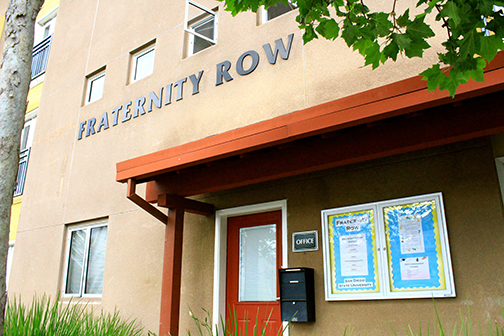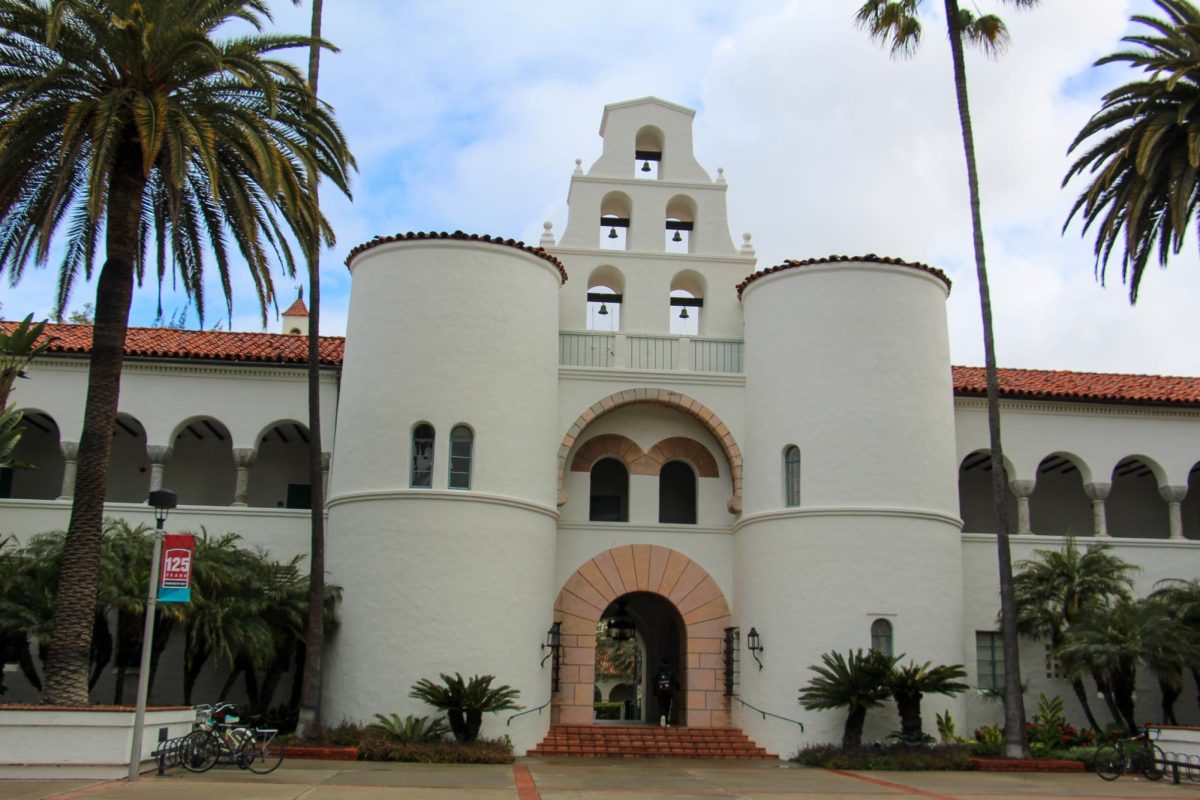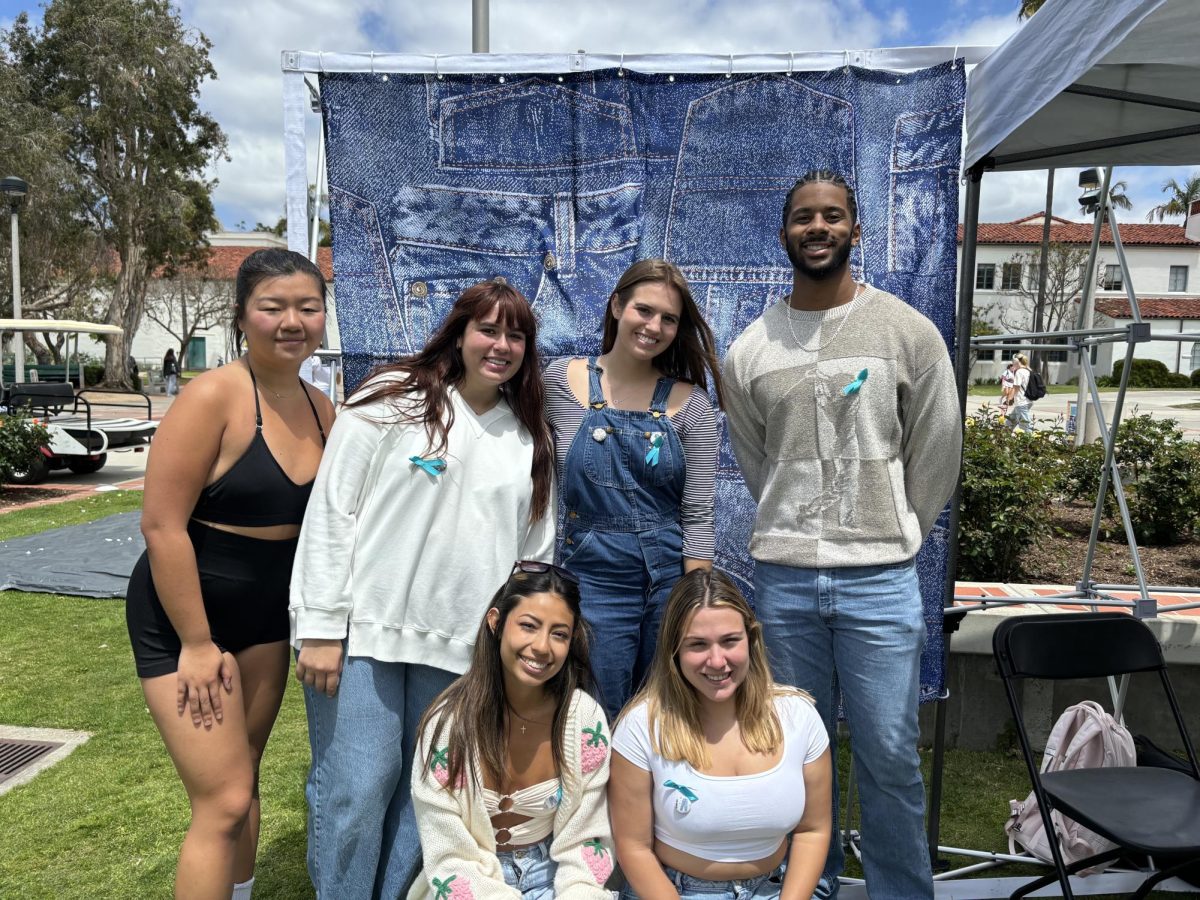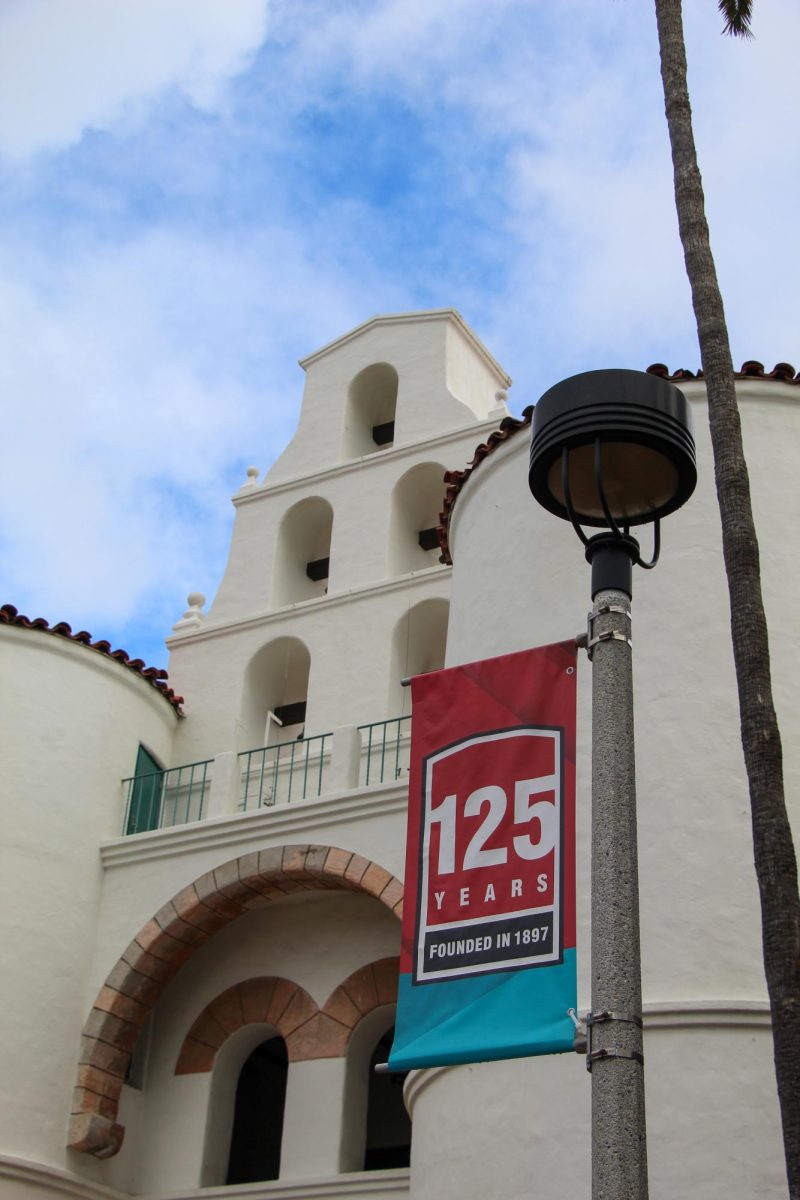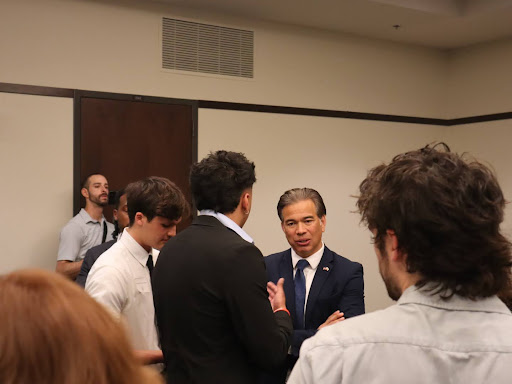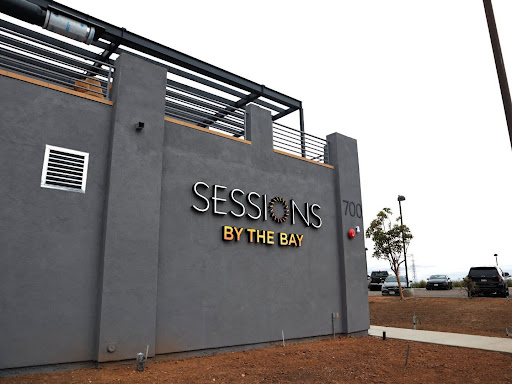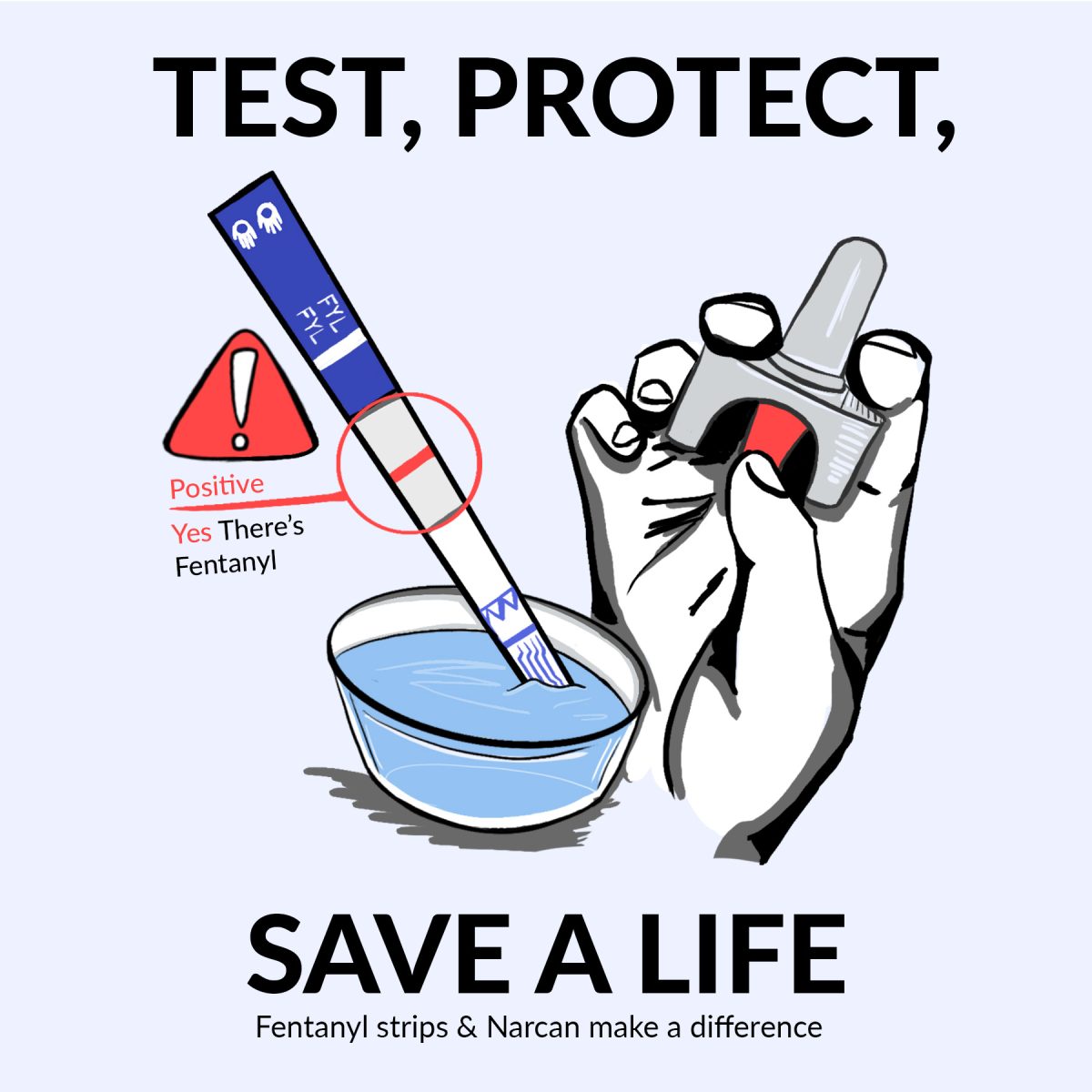The San Diego State Interfraternity Council announced the implementation of a Social Moratorium on August 21. All fraternities and sororities must abide by a new set of safety guidelines due to the threat of COVID-19.
“The fact of the matter is that COVID-19 is currently a very real concern in our SDSU community,” IFC President Lee Abed wrote in a press release. “Through my conversations with the University and the IFC chapter presidents, it has become apparent to me that there is a non-insignificant likelihood that we will see cases being reported from individuals who have been present on campus and interacted with either students, staff, or faculty, or any combinations of the three.”
The new set of standing rules include virtual recruitment, a social moratorium on all IFC events, and referring violations of these restrictions to the IFC Judicial Board for evaluation.
“Because our social events typically involve members of nearly all sorority chapters and the fraternity chapter hosting, have members dancing, breathing, and sweating within very close proximity to one another, and regularly involve the sharing of cups and beverages, it is clear that the conditions of these social events are a perfect environment for the virus to spread,” the press release said.
The ban on any in-person social events comes as other universities around the country are battling spikes in COVID-19 cases among students and Greek organizations are bearing the brunt of the blame from administrators and public health officials.
A New York Times report attributes an estimated 251 cases to fraternities and sororities across the U.S.
SDSU President Adela de la Torre told The Daily Aztec on Monday she was very pleased with the announcement.
“I think (the social moratorium) shows tremendous social responsibility,” President de la Torre said. “What’s key here is now communication and implementation. We really want to make sure these leaders translate to their members the importance of this decision.”
The IFC will conduct bi-weekly assessments of the community’s behaviors and has created a COVID-19 Committee. This committee along with Phi Pi Alpha (Fraternity Presidents Association) will be responsible for reporting the community’s responsive plans and well-being.
“It is important to remember that these policies are in place not to harm chapters, but to ensure that all chapters are equally held accountable in the maintenance of the public health of the campus community at large,” the press release said.
The last time the IFC implemented a social moratorium was March 2018 after six of the council’s 15 member chapters were placed on “elevated status” or facing interim suspension or disciplinary action. This “party ban” was lifted in October 2018.
Editor in Chief Brenden Tuccinardi contributed reporting.




